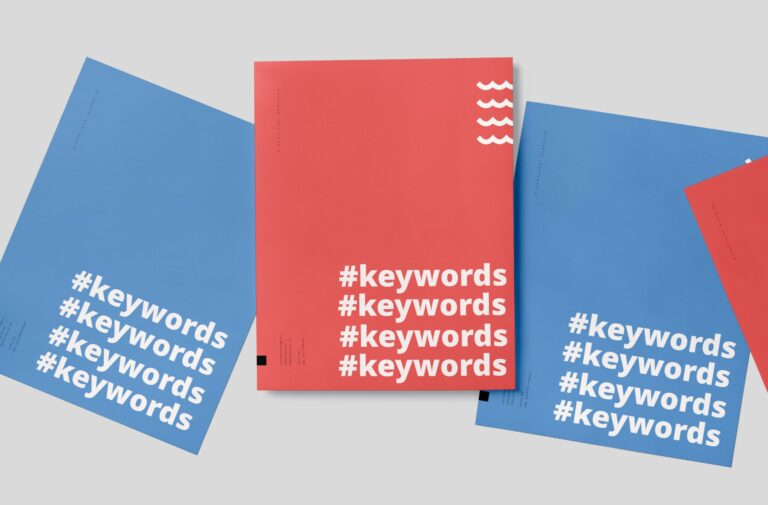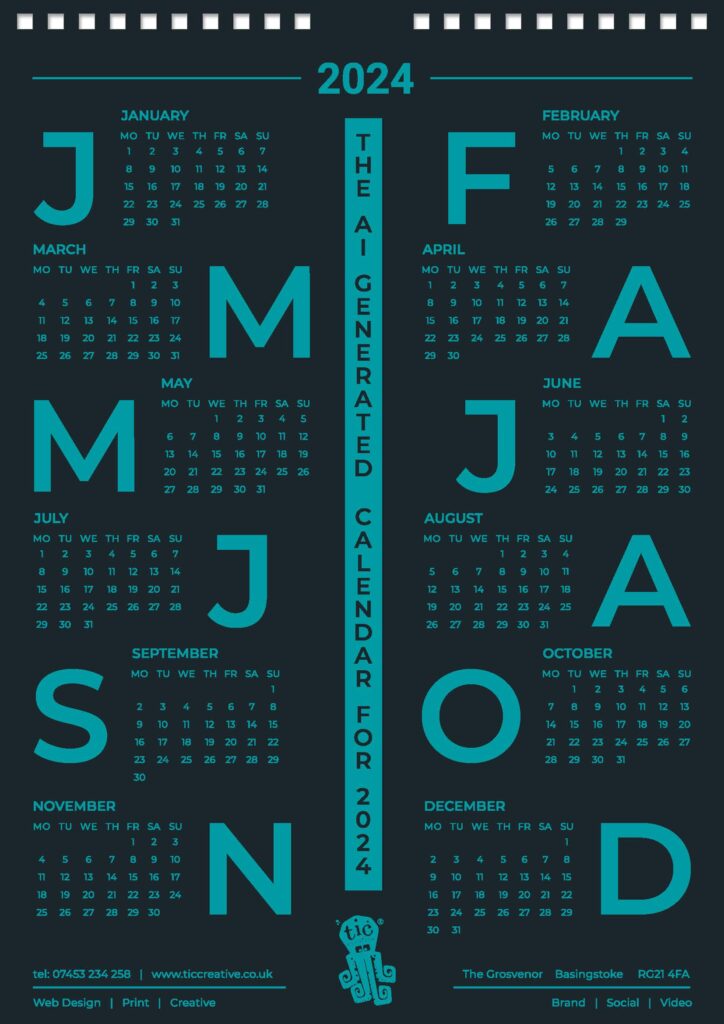
In today’s rapidly evolving digital landscape, a strong online presence is crucial for any business, particularly for medium-sized enterprises striving to compete and grow. This raises an important question: are web designers value for money? This article explores the various facets of this query, considering the investment versus the return in the context of web design.
The Role of Web Designers in Modern Business
Web designers are the artisans of the digital world, blending creativity with technical skills to craft websites that are not only visually captivating but also functionally robust. They understand the nuances of user experience (UX) design, create responsive layouts, and ensure that a website is accessible across different devices and platforms. In an age where a website often serves as the first point of contact between a business and its potential customers, the role of a skilled web designer becomes indispensable.
Cost Versus Benefit Analysis
The investment in professional web design can vary, but it’s essential to consider the broader picture. High-quality web design improves user engagement, lowers bounce rates, and enhances brand perception. For instance, a well-designed website can significantly improve search engine rankings, leading to increased organic traffic and, consequently, higher revenue opportunities.
Case Studies: Success Stories
- Retail E-commerce Revamp:
- Background: A medium-sized retailer experienced a stagnant online growth rate.
- Action: The retailer employed a web design agency to overhaul their e-commerce platform.
- Result: Post-redesign, the retailer saw a 40% increase in online sales and a 50% increase in average session duration on their site.
- Service Industry Transformation:
- Background: A local service provider struggled with online appointments and customer interaction.
- Action: A freelance web designer was hired to optimise the website’s user experience and integrate an efficient booking system.
- Result: There was a 60% increase in online bookings and a marked improvement in customer feedback.
DIY Web Design vs Professional Web Design
While DIY web design tools offer a cost-effective solution, they often lack the customisation and scalability that a professional design provides. For instance, a DIY website might not be optimised for mobile devices, a critical factor given the increasing mobile internet usage. A professional web designer ensures that all aspects of the website, from aesthetics to functionality, are tailored to the business’s unique needs.
Long-term Value of a Well-Designed Website
Investing in professional web design is not just about immediate gains; it’s about future-proofing your business. A professionally designed website can adapt to evolving market trends and technologies, ensuring that the business remains relevant and competitive. Additionally, such a website can become a hub for digital marketing efforts, from content marketing to social media integration, amplifying the business’s overall online presence.
The Role of Web Design in Digital Marketing
In the realm of digital marketing, web design is not just about aesthetics; it’s about creating a strategic interface where marketing meets user experience. Experienced web designers bring a plethora of skills and knowledge that are crucial for digital marketing success.
- Understanding of User Experience (UX) and User Interface (UI) Design:
- UX Design: Web designers possess a deep understanding of user experience principles, ensuring that websites are not only visually pleasing but also user-friendly and intuitive. They focus on creating a seamless journey for visitors, from the moment they land on the page to the point of conversion. This expertise is crucial in reducing bounce rates and increasing time spent on the site, both of which are vital for effective digital marketing.
- UI Design: The user interface aspect of web design is about the tangible elements users interact with. Skilled designers ensure that these elements, such as buttons, forms, and navigation menus, are designed for maximum engagement and ease of use, directly influencing conversion rates.
- Search Engine Optimization (SEO) Integration:
- A web designer’s skill set includes the ability to optimize a website for search engines. This involves creating clean, efficient code, ensuring fast loading times, and structuring content in a way that search engines can easily understand. These technical aspects of SEO are fundamental for a website’s visibility and are often overlooked in non-professional designs.
- Responsive and Mobile-Friendly Design:
- With the increasing use of smartphones for internet browsing, mobile-responsive design is no longer optional. Professional web designers ensure that websites look and function flawlessly across all devices, a critical factor for effective digital marketing. Mobile responsiveness not only improves user experience but also contributes positively to SEO.
- Branding and Visual Communication:
- Web designers are adept at translating a company’s brand identity into a digital format. This involves the strategic use of colours, typography, imagery, and overall layout to communicate the brand’s message and values effectively. A well-branded website helps in building trust and recognition, which are essential for successful marketing campaigns.
- Data-Driven Design Decisions:
- Experienced web designers rely on data and analytics to make informed design decisions. By understanding user behaviour, traffic patterns, and engagement metrics, they can fine-tune the website to better meet the marketing objectives. This data-driven approach ensures continuous improvement and effectiveness in reaching target audiences.
- Integration with Digital Marketing Tools and Platforms:
- Professional designers have the expertise to integrate various digital marketing tools and platforms into the website seamlessly. Whether it’s incorporating a blog for content marketing, linking social media profiles, or setting up email marketing functionalities, they ensure that all digital marketing channels are cohesively connected through the website.
In conclusion, the role of web design in digital marketing is multifaceted and indispensable. The skills and experience of professional web designers are critical in crafting a website that not only looks great but also performs exceptionally in the digital marketing ecosystem. For businesses aiming to thrive online, investing in professional web design is a strategic move that can significantly amplify their digital marketing efforts.











